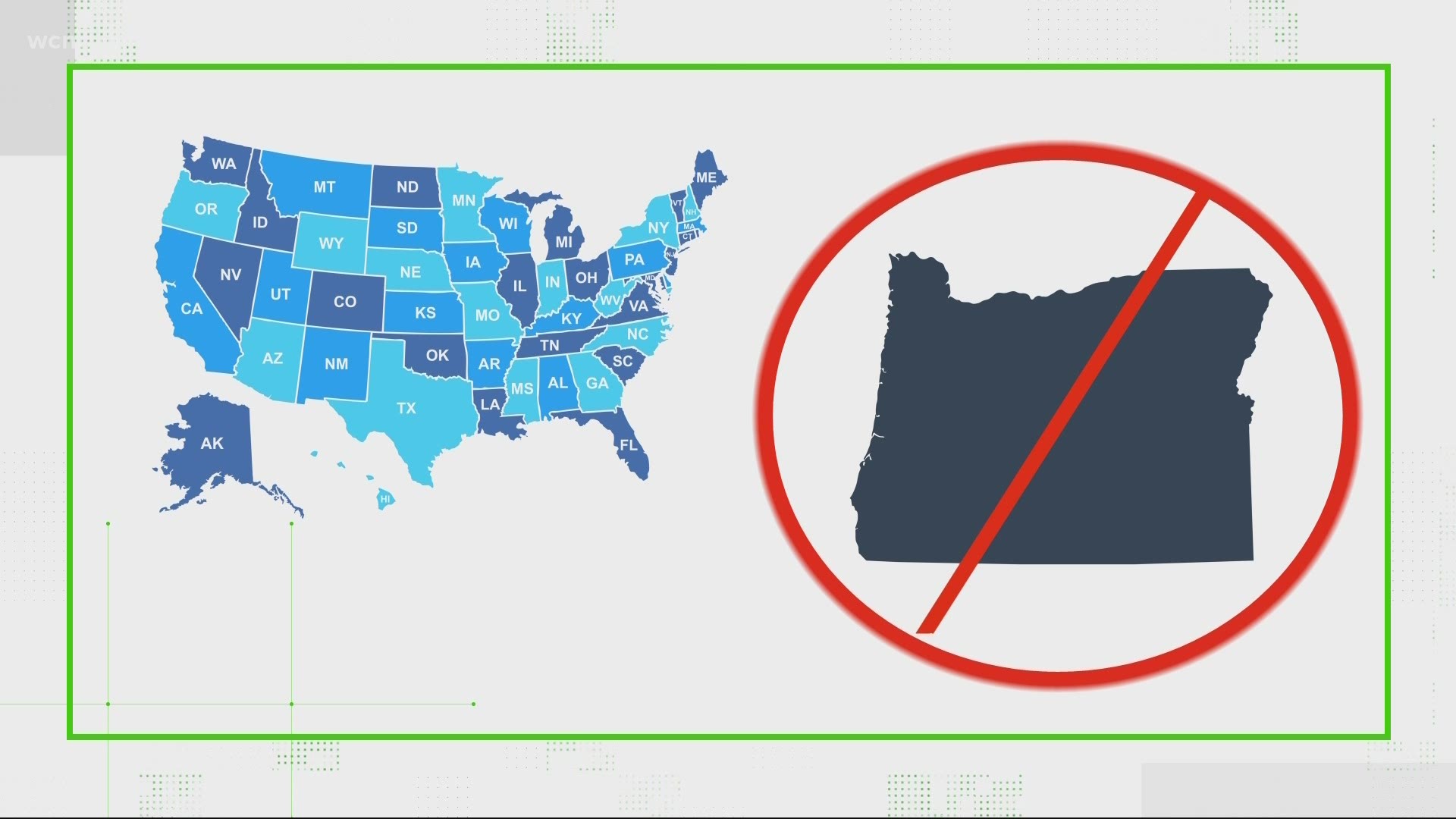CHARLOTTE, N.C. — The top elected official in North Carolina can be impeached, as well as other statewide elected officials.
As the second Senate trial against former President Donald Trump continues in Washington, many have received a history and civics lesson on the impeachment process.
It's one thing to see it on the national level, but impeachment and removal from office can also happen on the state level.
THE QUESTION
Is there an impeachment process in North Carolina, and has an elected official actually been impeached before?
THE ANSWER
Yes. There is a process for impeachment in the Tar Heel State, as outlined in the state's constitution and seconded by political scientists and historians. In 1871, the governor of North Carolina was the first in the country to be impeached and removed from office.
WHAT WE FOUND
Our first source was the ultimate text on the law in North Carolina: the state's constitution.
Article 4, Sec. 4, states: "The House of Representatives solely shall have the power of impeaching. The Court for the Trial of Impeachments shall be the Senate. When the Governor or Lieutenant Governor is impeached, the Chief Justice shall preside over the Court. A majority of the members shall be necessary to a quorum, and no person shall be convicted without the concurrence of two-thirds of the Senators present. Judgment upon conviction shall not extend beyond removal from and disqualification to hold office in this State, but the party shall be liable to indictment and punishment according to law."
The process for impeachment in North Carolina mirrors that of the federal government's process.
"It’s actually pretty similar to the way it works in Congress," said Christopher Cooper, a political science and policy studies professor at Western Carolina University.
The articles of impeachment would be drafted in the statehouse, where representatives would act as a grand jury. A simple majority is needed for impeachment.
If that happened, a trial would begin in the state senate, where a two-thirds majority would be needed for a conviction and thus, removal from office.
A notable difference from the federal process: The elected official would be suspended from office during a senate trial against him/her/they until its conclusion.
"It applies to the governor, to our judges, and our Council of State folks as well," said Cooper.
It's happened before.
In 1871, Governor William Holden was impeached and removed from office.
"Due to Klan activity, here in the Piedmont -- he had ordered a militia response," said Professor Michael Bitzer, a political science professor at Catawba College.
Many white conservatives were upset by Holden imposing martial law and became energized. They won over the legislature and impeached Holden on several counts. He was convicted and removed from office.
Decades later, he was pardoned of his impeachment.
Cooper said two justices have also been impeached but were not removed from office.

